Debates surrounding free will in analytic philosophy often seem divorced from the realities of everyday life. Yet when applied to the real world it is clear to see that people’s ability to exercise free will varies depending on circumstances far beyond their control. Free will should, therefore, inevitably be seen as a political concept, writes Lewis Waller.
Philosophers have long been caricatured as elbow-patched stuffy professors favouring abstract proofs and logic over the everyday lives of individuals. The Free Will vs Determinism debate is no exception. It's usually framed as a philosophical, psychological or maybe neuroscientific debate; esoteric and divorced from everyday life. But the way we talk about freedom – one of those words that means many different things – has a direct effect on everything from our personal lives to national politics.
In liberal societies, where freedom usually means freedom from interference, in the philosopher Isiah Berlin’s influential formulation, we should be more aware about how certain freedoms require more than just governments, despots, or bullies getting out of our way. Freedom also requires a favourable context to exercise that freedom. What use is liberty if one's basic needs are not met? If one is not fed, watered, and fit?
Of course, ‘freedom’ and ‘free will’ are different. But one informs the other, and when we prize a certain type of liberal freedom – being left alone - it’s no surprise that we also foster a culture that conceptualises a certain type of ‘free will’, one that’s most often formulated in the following way: that we, as individuals, have the freedom to choose, by ourselves, unencumbered, unrestrained, and uncaused by outside forces; to be the authors of our own thoughts and actions.
___
These factors are far beyond the control of any single individual and yet each contributes to every decision we make
___
However, looking at the literature on free will, it’s hard to find any coherent account of freedom at all. Any choice we make – from deciding what to eat, to texting a friend, to choosing a film to watch – is caused by something preconscious; whether that’s a pang of hunger, what was on offer in the supermarket, hearing something a friend will find funny or seeing a trailer for a new film. Every choice we make has a cause that precedes it. The entire universe, including ourselves, is determined by a long chain of cause and effect.












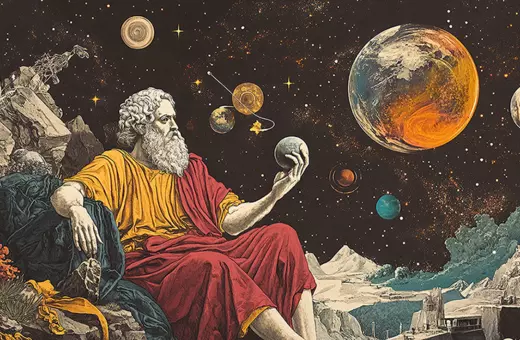
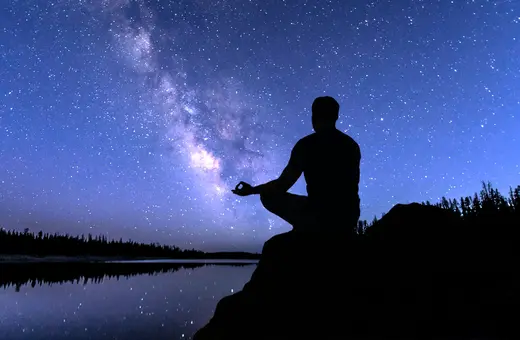

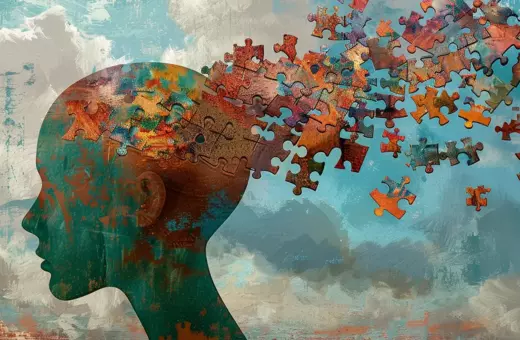
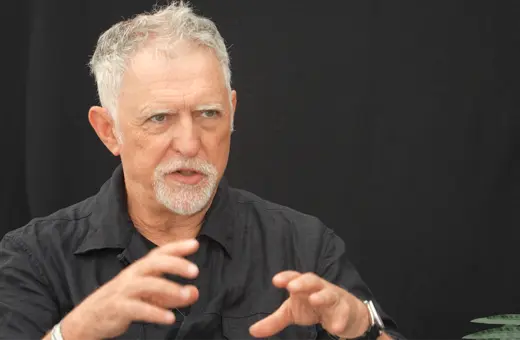
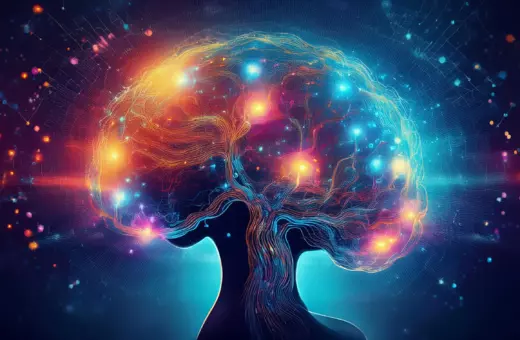


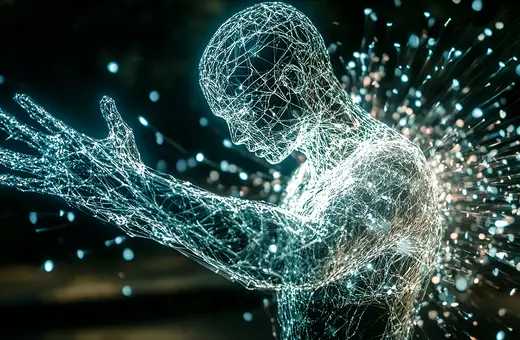
Join the conversation